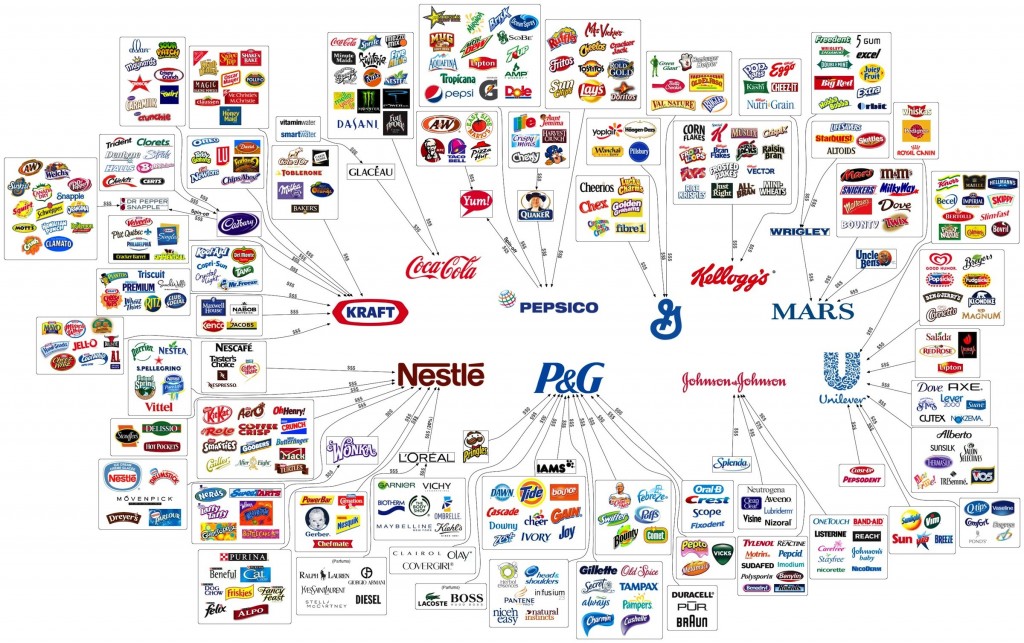A new report from Global Justice Now, From The Roots Up, shows that not only can small-scale organically produced food feed the world, but it can do so better than intensive, corporate-controlled agriculture. As a matter of fact, it already is feeding millions of people.
In Tigray, Ethiopia, farmers have seen grain yields double, with increased biodiversity and fertility, not to mention less debt. In Senegal, agroecological pest management techniques have allowed farmers to produce 25 per cent more rice than conventional farmers. In southern Africa, more than 50,000 farmers practising agroecology have increased maize yields by 3-4 metric tons per hectare.
But what we’re talking about isn’t a set of farming techniques. We’re talking about who controls our food supply and how that power is used.
How we produce food is a deeply political issue that affects the lives and livelihoods of billions of people. For in our global economy, it is not the amount of food produced which dictates whether people eat or starve. If it was, we would not see the inhumane but common spectacle of people malnourished while surrounded by food. Rather, it is the increasing grip which big business exerts over our food system, in accordance with a near religious faith in the power of the market.

